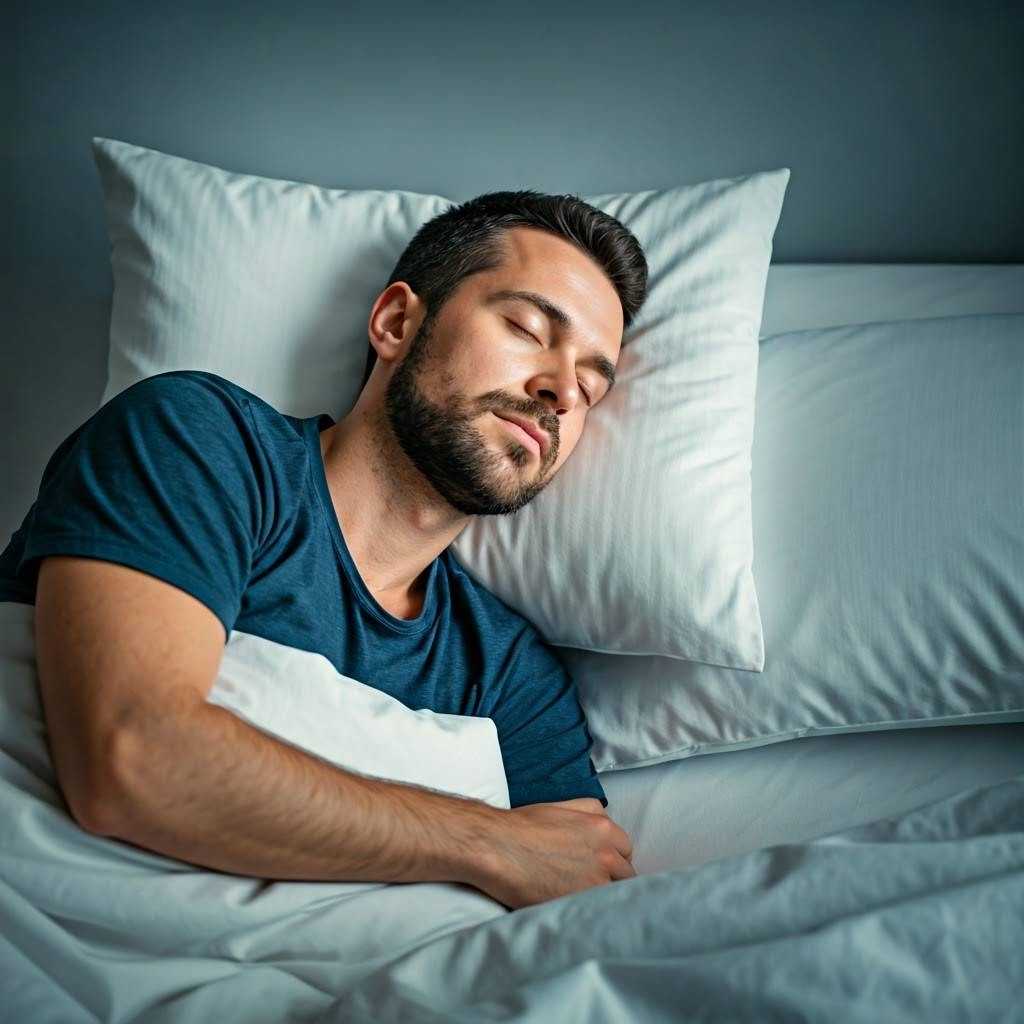Why Your Snooze Button Might Be Saving Your Sanity
Sleep quality is crucial for mental health. Poor sleep raises risks of depression and other diseases. Most adults need 7-8 hours nightly, though individual needs vary. Maintaining good "sleep hygiene" is key. Myths about sleep duration are debunked.

Sleep. That magical, mysterious state of doing absolutely nothing, which for reasons beyond comprehension, we humans need to survive. Not just survive, mind you, but thrive. And it’s not just about lying horizontally with your mouth slightly ajar and snoring like a chainsaw—although, according to Pilar Durán Hernández of UNAM, if you do snore, it’s not your rest that’s affected, but the poor sod next to you.
Now, this isn’t just me banging on about the joys of a Sunday lie-in. This is science. Proper, clipboard-wielding, brain-probing science. Speaking at Neurofest 2024—a cracking little event at the Universum Museum of Sciences in Mexico City—Durán Hernández gave us a grim reality check: nearly half of the planet, yes half, struggles with sleep. That’s about 3.5 billion people wandering around like caffeinated zombies, wrecking their mental health, increasing their risk of cardiovascular disasters, and generally making a hash of things.




